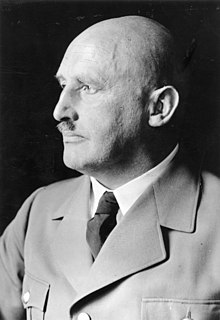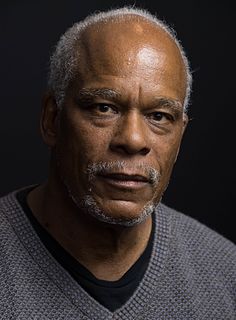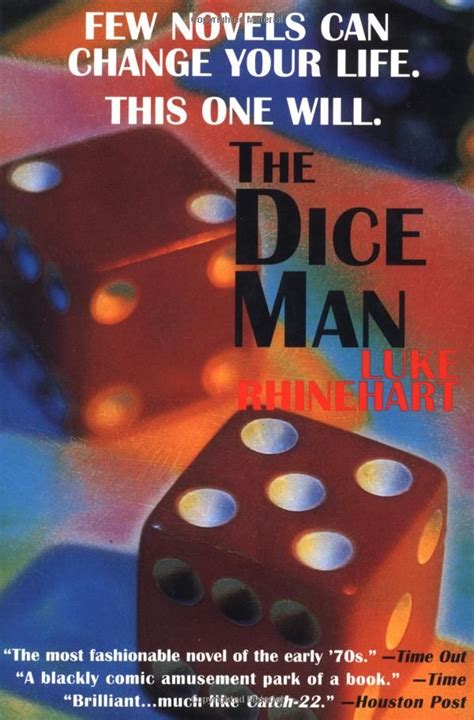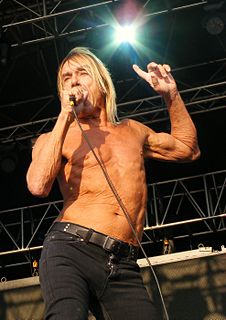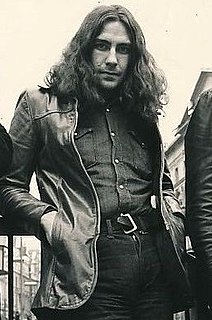A Quote by Bill Ayers
This 1965. We went to trial on our city. We were obviously borrowing tactics and strategy from the Black freedom movement, and we were echoing their approach to things.
Related Quotes
The fact is that in my prep school, I went to a boarding school, 39 young men graduated from that prep school. Five years later, a quarter of us were in SDS, in Students for Democratic Society. Not because we were particularly chosen or because we were as I say, we were lucky but we were mainly luckily to grow up at a time where this black freedom movement was really defining the moral character of what it meant to be a citizen and a person.
Before the Pilgrims landed at Plymouth, we were here. Before the pen of Jefferson etched across the pages of history the majestic words of the Declaration of Independence, we were here. If the inexpressible cruelties of slavery could not stop us, the opposition we now face will surely fail. We will win our freedom because the sacred heritage of our nation and the eternal will of God are embodied in our echoing demands.
I'm one of the people who believes that our losses were greater than our gains. Because before the Civil Rights movement we had entrepreneurship in the black community. Right now, in Harlem, if I wanted to get a shoe repaired, I would have a hard time finding a black shoe repairman. On near about every third corner, you could find a decent black barber, decent black laundry, had restaurants in the neighborhood that were open 24 hours. The food was good at 3 o'clock in the morning as at 3 o'clock in the afternoon.
The civil rights movement didn't deal with the issue of political disenfranchisement in the Northern cities. It didn't deal with the issues that were happening in places like Detroit, where there was a deep process of deindustrialization going on. So you have this response of angry young people, with a war going on in Vietnam, a poverty program that was insufficient, and police brutality. All these things gave rise to the black power movement. The black power movement was not a separation from the civil rights movement, but a continuation of this whole process of democratization.
The Organization of Afro-American Unity was an organization that was a secular group. It largely consisted of people that we would later call several years later Black Powerites, Black nationalists, progressives coming out of the Black freedom struggle, the northern students' movement, people - students, young people, professionals, workers, who were dedicated to Black activism and militancy, but outside of the context of Islam.
The Pentagon is constantly adjusting tactics because they have the flexibility from the White House to do so. The strategy is to help the Iraqi people achieve their objectives and their dreams, which is a democratic society. That's the strategy. The tactics it's important that we stay there and get it done; or we leave. We're not leaving so long as I'm the president. That would be a huge mistake.
One of the things I loved about Black Sabbath was, when we were on the road, there were times we had been on the road for so long and we were tired and we were exhausted. We would show up at gigs and we were so tired that we would be fast asleep in the dressing room. Our road manager would come in and say, '20 minutes, guys.'




